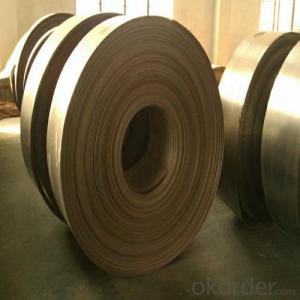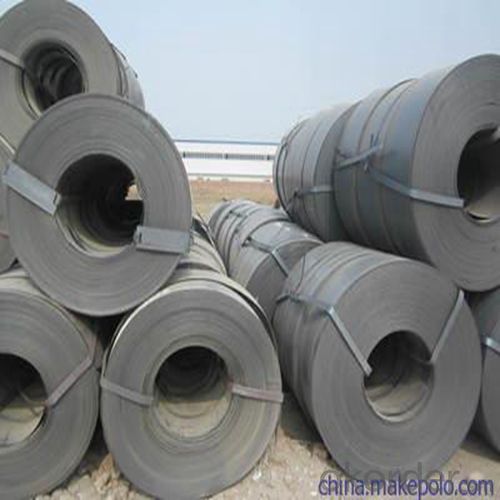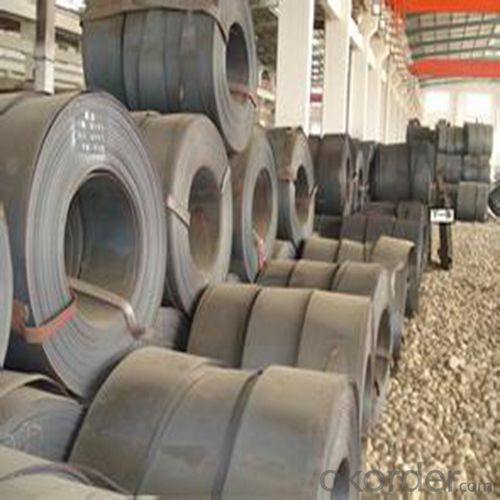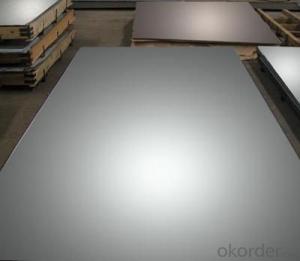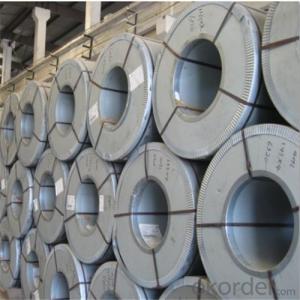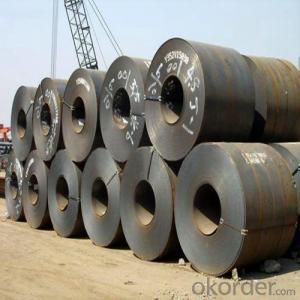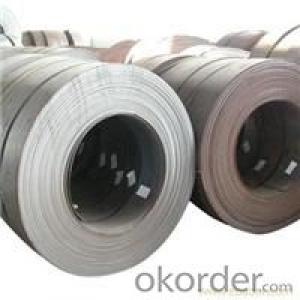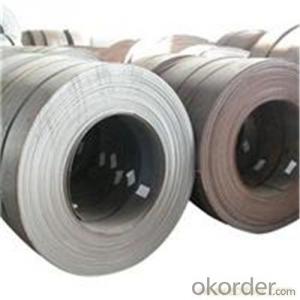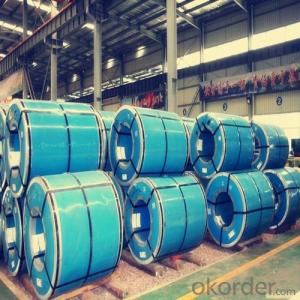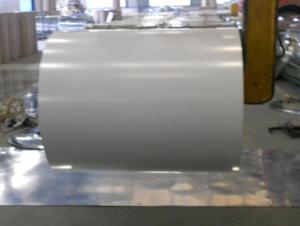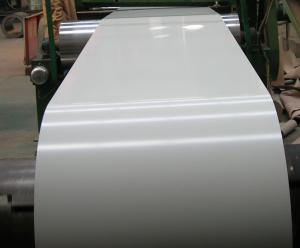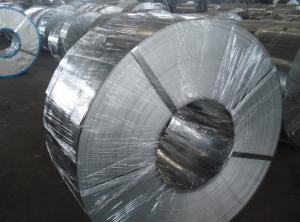Hot Rolled Band Steel In Coil Corrugated Steel Band With Competitive Price
- Loading Port:
- Tianjin
- Payment Terms:
- TT or LC
- Min Order Qty:
- 50 m.t.
- Supply Capability:
- 20000 m.t./month
OKorder Service Pledge
OKorder Financial Service
You Might Also Like
Product Description:
OKorder is offering Hot Rolled Band Steel In Coil Corrugated Steel Band With Competitive Price at great prices with worldwide shipping. Our supplier is a world-class manufacturer of steel, with our products utilized the world over. OKorder annually supplies products to European, North American and Asian markets. We provide quotations within 24 hours of receiving an inquiry and guarantee competitive prices.
Product Applications:
Hot Rolled Band Steel In Coil Corrugated Steel Band With Competitive Price are ideal for structural applications and are widely used in the construction of buildings and bridges, and the manufacturing, petrochemical, and transportation industries.
Product Advantages:
OKorder's Hot Rolled Band Steel In Coil Corrugated Steel Band With Competitive Price are durable, strong, and resist corrosion.
Main Product Features:
· Premium quality
· Prompt delivery & seaworthy packing (30 days after receiving deposit)
· Corrosion resistance
· Can be recycled and reused
· Mill test certification
· Professional Service
· Competitive pricing
Product Specifications:
Corresponding Steel Grade for Reference:
CHN, GB | JPN, JIS | GER, DIN |
50CrVA | SUP10 | 50CrV4 |
GBR, BS | FRA,FN | |
735A51 | 50CV4 |
Chemical Composition:
C | Si | Mn |
0.46~0.54 | 0.17~0.37 | 0.50~0.80 |
S | P | Cr |
≤0.030 | ≤0.030 | 0.80~1.10 |
Ni | Cu | V |
≤0.35 | ≤0.25 | 0.10~0.20 |
Mechanical Properties:
-Tensile Strength σb (MPa): ≥1274 (130)
-Yield Strength σs (MPa): ≥1127 (115)
-Elongation δ5 (%):≥10
-Percentage reduction of area: ψ (%): ≥40
-Hardness:
1, Hot rolled, ≤321HB
2, Cold drawn + Heat treatment: ≤321HB
-Norm of heat treatment:
1, Quenching: 850℃±20℃.
2, Cooled by oil.
3, Tempering: 500℃±50℃.
Usage/Applications
Mechanical Properties are good. 50CrVA have high hardenability. The element V reduces thermal sensitivity and improves the strength and toughness. The fatigue strength and yield point are high but the weld ability is bad.
-50CrVA is a nice material of spring. Usually it’s used as valve spring, piston spring and secure valve spring with big section that can bear much load. The working temperature is below 300℃
Packaging & Delivery
-Packing Detail: The products will be well packed.
-Delivery Detail: 30~45 working days after receive buyer’s T.T. or L/C.
FAQ:
Q1: Why buy Materials & Equipment from OKorder.com?
A1: All products offered byOKorder.com are carefully selected from China's most reliable manufacturing enterprises. Through its ISO certifications, OKorder.com adheres to the highest standards and a commitment to supply chain safety and customer satisfaction.
Q2: How do we guarantee the quality of our products?
A2: We have established an advanced quality management system which conducts strict quality tests at every step, from raw materials to the final product. At the same time, we provide extensive follow-up service assurances as required.
Q3: How soon can we receive the product after purchase?
A3: Within three days of placing an order, we will begin production. The specific shipping date is dependent upon international and government factors, but is typically 7 to 10 workdays.
Q4: What makes stainless steel stainless?
A4: Stainless steel must contain at least 10.5 % chromium. It is this element that reacts with the oxygen in the air to form a complex chrome-oxide surface layer that is invisible but strong enough to prevent further oxygen from "staining" (rusting) the surface. Higher levels of chromium and the addition of other alloying elements such as nickel and molybdenum enhance this surface layer and improve the corrosion resistance of the stainless material.
Q5: Can stainless steel rust?
A5: Stainless does not "rust" as you think of regular steel rusting with a red oxide on the surface that flakes off. If you see red rust it is probably due to some iron particles that have contaminated the surface of the stainless steel and it is these iron particles that are rusting. Look at the source of the rusting and see if you can remove it from the surface.
Images:
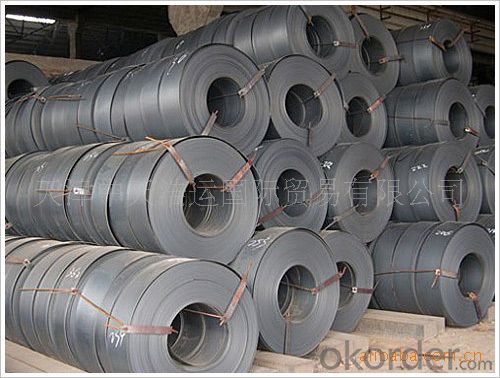
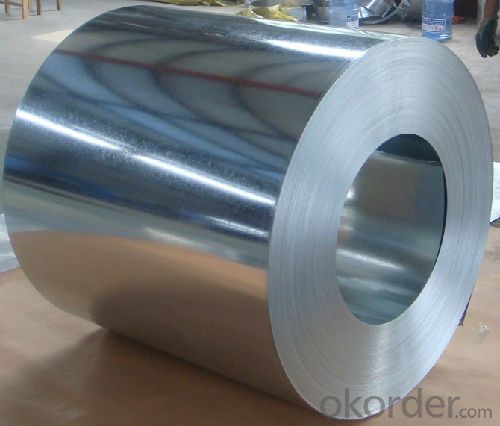
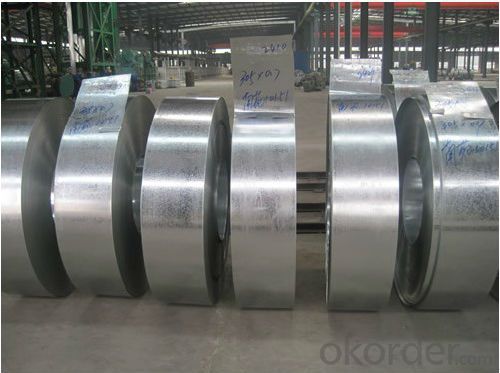
- Q: What are the different types of steel angles and their applications in the construction of bridges?
- There are several types of steel angles commonly used in the construction of bridges. These include equal leg angles, unequal leg angles, and L-shaped angles. Equal leg angles have equal length legs and are often used in the fabrication of trusses and bridge girders. Unequal leg angles have different length legs and are commonly used in the construction of stiffeners and bracing elements. L-shaped angles, also known as corner or angle irons, are used for various purposes, such as providing structural support and connections in bridge components. Overall, steel angles play a crucial role in ensuring the stability, strength, and durability of bridges.
- Q: How is steel wire used in the production of suspension systems for vehicles?
- Steel wire is used in the production of suspension systems for vehicles as it provides strength, durability, and flexibility required to absorb shocks and maintain stability during vehicle movement. It is commonly used to create springs, such as coil springs, which help support the weight of the vehicle and provide a smoother ride by absorbing vibrations and impacts from uneven road surfaces. Additionally, steel wire is used in the production of sway bars, which help reduce body roll and improve overall handling and stability of the vehicle.
- Q: What are the different types of steel products used in the telecommunications industry?
- Some of the different types of steel products used in the telecommunications industry include steel pipes, steel towers, steel cables, and steel brackets. These products are crucial in providing structural support, transmitting signals, and ensuring the reliability and durability of telecommunications networks.
- Q: What are the common uses of steel in the defense industry?
- Steel is commonly used in the defense industry for a variety of applications such as manufacturing armored vehicles, naval ships, aircraft carriers, submarines, and tanks. It is also utilized for constructing military infrastructure, including bunkers, fortifications, and military base facilities. Furthermore, steel is essential for producing weapons, ammunition, and equipment for the armed forces. Its high strength, durability, and resistance to impact make it an ideal material for ensuring the safety and effectiveness of defense operations.
- Q: How are steel plates used in the fabrication of storage tanks?
- Steel plates are used in the fabrication of storage tanks to provide structural support and maintain the integrity of the tank. These plates are welded together to form the tank's shell and are strong enough to withstand the pressure and weight of the stored materials. Additionally, steel plates can be coated or lined to prevent corrosion and ensure the longevity of the tank.
- Q: How do steel products contribute to the oil and gas industry?
- Steel products play a crucial role in the oil and gas industry by providing the necessary infrastructure and equipment to extract, transport, and process oil and gas. Steel pipes are used extensively for drilling, production, and transportation of oil and gas, as they offer high strength, durability, and corrosion resistance. Additionally, steel is used in the construction of storage tanks, refineries, and offshore platforms, providing the necessary strength and stability to withstand harsh environmental conditions. Overall, steel products are essential for the efficient and safe operations of the oil and gas industry.
- Q: What are the different types of steel sheet and their uses?
- There are various types of steel sheets available, each with unique characteristics and applications. Some common types include hot-rolled steel sheets, cold-rolled steel sheets, galvanized steel sheets, and stainless steel sheets. Hot-rolled sheets are ideal for structural components, while cold-rolled sheets are used for more precise and finished products. Galvanized sheets provide corrosion resistance and are commonly used in outdoor applications. Stainless steel sheets are highly durable, resistant to corrosion, and find uses in industries such as construction, automotive, and food processing.
- Q: What are the different types of steel valves and their applications?
- There are several types of steel valves commonly used in various industries. These include gate valves, globe valves, ball valves, butterfly valves, and check valves. Gate valves are primarily used for on/off applications and provide a tight seal when closed. They are commonly used in water treatment plants, oil and gas pipelines, and power generation systems. Globe valves have a spherical body and are suitable for regulating flow. They are frequently used in industries such as HVAC, steam systems, and chemical processing. Ball valves consist of a rotating ball with a hole that controls flow. They are versatile and widely used in applications where tight shut-off is required, such as oil and gas pipelines, chemical plants, and water treatment systems. Butterfly valves have a disc-shaped closure element that rotates to control flow. They are lightweight, cost-effective, and commonly used in applications involving large flow rates, such as HVAC systems, water supply networks, and wastewater treatment plants. Check valves, also known as non-return valves, allow flow in one direction only and prevent backflow. They are used in various applications, including pumps, compressors, and power plants. Each type of steel valve serves specific purposes based on their design and functionality. The choice of valve depends on factors such as the nature of the fluid, pressure and temperature requirements, and the specific application in industries ranging from oil and gas to water treatment and beyond.
- Q: How is steel used in the construction of industrial buildings?
- Steel is commonly used in the construction of industrial buildings due to its durability, strength, and versatility. It is employed in various structural components such as beams, columns, and trusses, providing support and stability to the building. Steel is also utilized for roofing, siding, and cladding, offering protection against weather elements. Additionally, steel can be prefabricated, allowing for faster construction and cost-efficiency. Overall, steel plays a crucial role in ensuring the safety, longevity, and functionality of industrial buildings.
- Q: What are the properties of alloy steel for high-temperature applications?
- Alloy steel for high-temperature applications possesses several key properties. Firstly, it has excellent strength and toughness, allowing it to withstand high temperatures without deformation or failure. Additionally, it exhibits good corrosion resistance, preventing damage or degradation in harsh environments. Another important property is its ability to maintain hardness and dimensional stability under elevated temperatures. Moreover, alloy steel for high-temperature applications has good thermal conductivity, ensuring efficient heat transfer and distribution. Lastly, it often possesses high creep resistance, enabling it to withstand prolonged exposure to elevated temperatures without significant deformation.
Send your message to us
Hot Rolled Band Steel In Coil Corrugated Steel Band With Competitive Price
- Loading Port:
- Tianjin
- Payment Terms:
- TT or LC
- Min Order Qty:
- 50 m.t.
- Supply Capability:
- 20000 m.t./month
OKorder Service Pledge
OKorder Financial Service
Similar products
Hot products
Hot Searches
Related keywords
